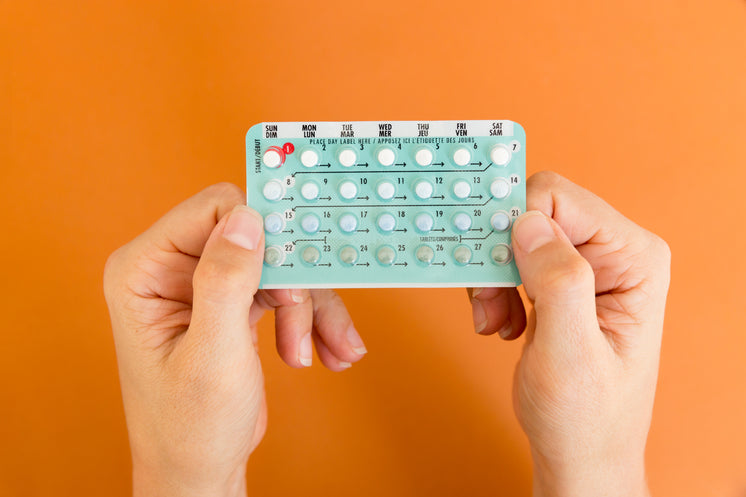Cbd Products Nearby
Lidia
0
6
2024.12.21 06:58
Multiple sclerosis (MS) is a chronic autoimmune disorder characterized by inflammation and neurodegeneration, leading to a range of symptoms including muscle spasticity, pain, and mobility issues. Traditional treatments often fall short in fully alleviating these symptoms, prompting exploration of alternative therapies such as cannabis-based treatments. Cannabis and Its Components Cannabis contains over 100 cannabinoids, with tetrahydrocannabinol (THC) and cannabidiol (CBD) being the most studied.
THC is known for its psychoactive effects, while CBD is non-psychoactive and has been associated with anti-inflammatory and neuroprotective properties. Mechanisms of Action Cannabinoids interact with the endocannabinoid system (ECS), which plays a role in regulating pain, spasticity, and immune responses. By modulating ECS activity, cannabinoids may influence the progression and symptomatology of MS. Clinical Evidence Research into cannabis use for MS symptom management has yielded mixed results.
 Some studies suggest that cannabis-based medicines can alleviate muscle spasticity and pain. For instance, a review highlighted that cannabinoids might reduce spasticity and pain in MS patients. COCHRANE However, other studies have found limited or no significant benefits, indicating the need for further research to establish efficacy and safety. Approved Cannabis-Based Treatments Sativex (nabiximols), an oromucosal spray containing THC and CBD, has been approved in several countries for treating moderate to severe spasticity in MS patients unresponsive to other therapies.
Some studies suggest that cannabis-based medicines can alleviate muscle spasticity and pain. For instance, a review highlighted that cannabinoids might reduce spasticity and pain in MS patients. COCHRANE However, other studies have found limited or no significant benefits, indicating the need for further research to establish efficacy and safety. Approved Cannabis-Based Treatments Sativex (nabiximols), an oromucosal spray containing THC and CBD, has been approved in several countries for treating moderate to severe spasticity in MS patients unresponsive to other therapies.
Clinical trials have demonstrated its potential in reducing spasticity and improving quality of life. MS SOCIETY Safety and Side Effects While cannabis patent us government-based treatments are generally well-tolerated, they can cause side effects such as dizziness, dry mouth, and cognitive changes. Long-term use may also lead to tolerance or dependence. Therefore, it's crucial for patients to consult healthcare professionals before initiating cannabis-based therapies.
 Legal and Accessibility Considerations The legal status of medical cannabis varies globally and within the United States. In Florida, medical cannabis is legal for qualifying conditions, including MS.
Legal and Accessibility Considerations The legal status of medical cannabis varies globally and within the United States. In Florida, medical cannabis is legal for qualifying conditions, including MS.
THC is known for its psychoactive effects, while CBD is non-psychoactive and has been associated with anti-inflammatory and neuroprotective properties. Mechanisms of Action Cannabinoids interact with the endocannabinoid system (ECS), which plays a role in regulating pain, spasticity, and immune responses. By modulating ECS activity, cannabinoids may influence the progression and symptomatology of MS. Clinical Evidence Research into cannabis use for MS symptom management has yielded mixed results.
 Some studies suggest that cannabis-based medicines can alleviate muscle spasticity and pain. For instance, a review highlighted that cannabinoids might reduce spasticity and pain in MS patients. COCHRANE However, other studies have found limited or no significant benefits, indicating the need for further research to establish efficacy and safety. Approved Cannabis-Based Treatments Sativex (nabiximols), an oromucosal spray containing THC and CBD, has been approved in several countries for treating moderate to severe spasticity in MS patients unresponsive to other therapies.
Some studies suggest that cannabis-based medicines can alleviate muscle spasticity and pain. For instance, a review highlighted that cannabinoids might reduce spasticity and pain in MS patients. COCHRANE However, other studies have found limited or no significant benefits, indicating the need for further research to establish efficacy and safety. Approved Cannabis-Based Treatments Sativex (nabiximols), an oromucosal spray containing THC and CBD, has been approved in several countries for treating moderate to severe spasticity in MS patients unresponsive to other therapies.Clinical trials have demonstrated its potential in reducing spasticity and improving quality of life. MS SOCIETY Safety and Side Effects While cannabis patent us government-based treatments are generally well-tolerated, they can cause side effects such as dizziness, dry mouth, and cognitive changes. Long-term use may also lead to tolerance or dependence. Therefore, it's crucial for patients to consult healthcare professionals before initiating cannabis-based therapies.
 Legal and Accessibility Considerations The legal status of medical cannabis varies globally and within the United States. In Florida, medical cannabis is legal for qualifying conditions, including MS.
Legal and Accessibility Considerations The legal status of medical cannabis varies globally and within the United States. In Florida, medical cannabis is legal for qualifying conditions, including MS. 
